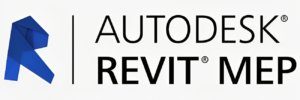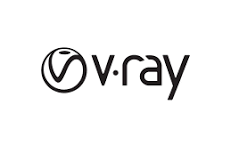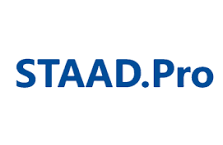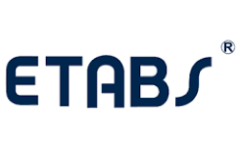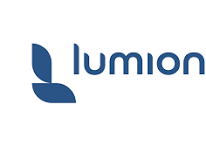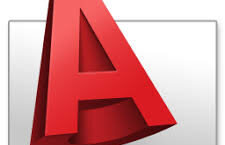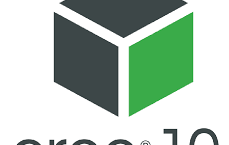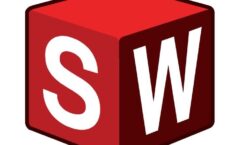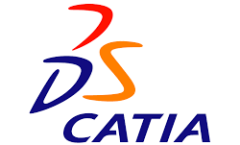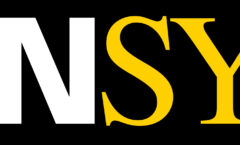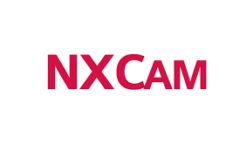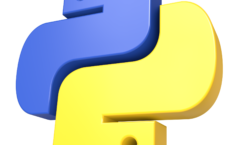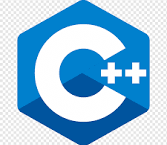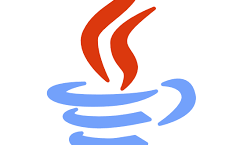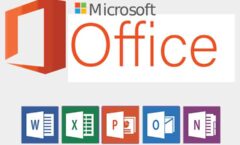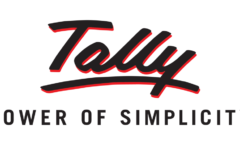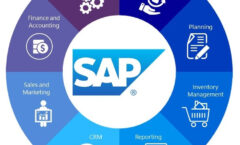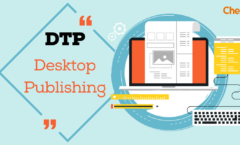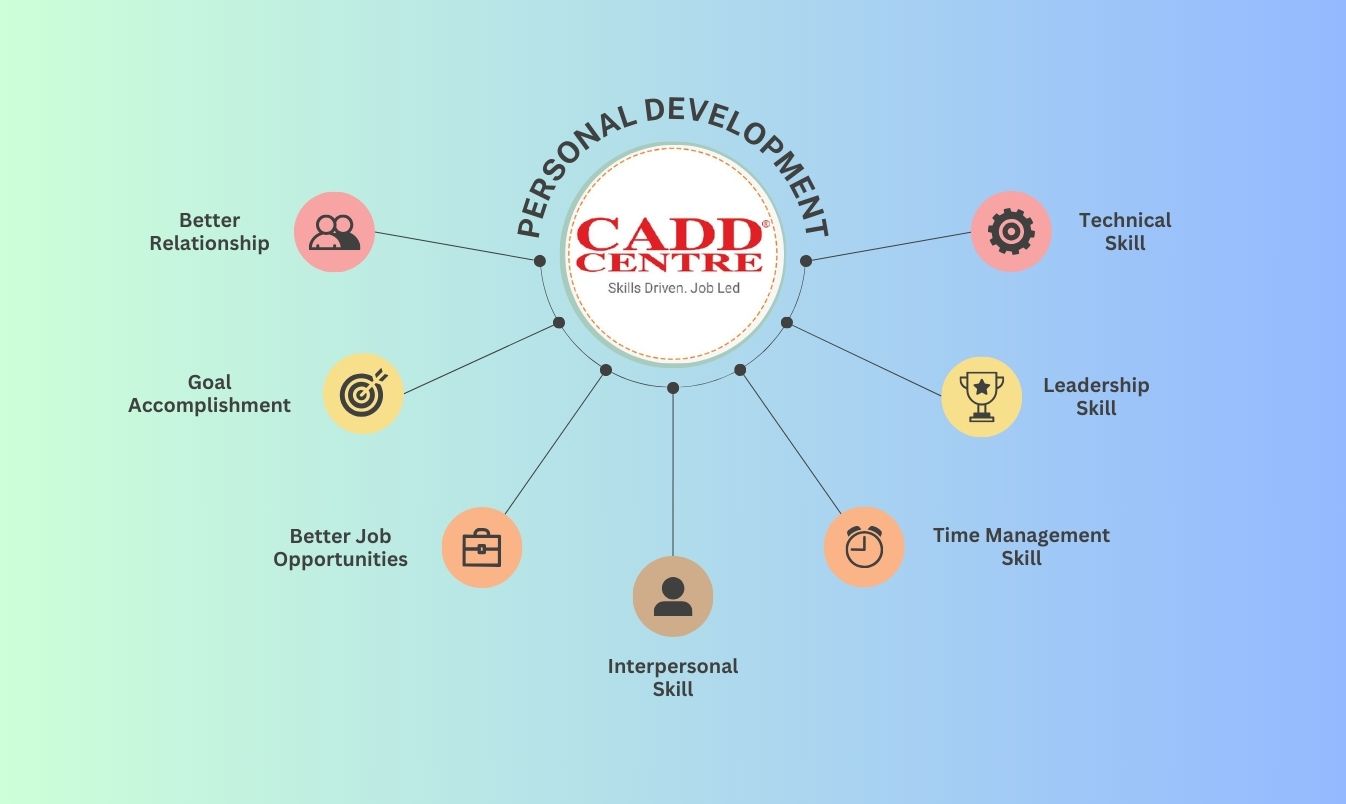.NET TRAINING
We offer following two module of the course:
Proficient Course: 80 Hours
Essential Course: 40 Hours
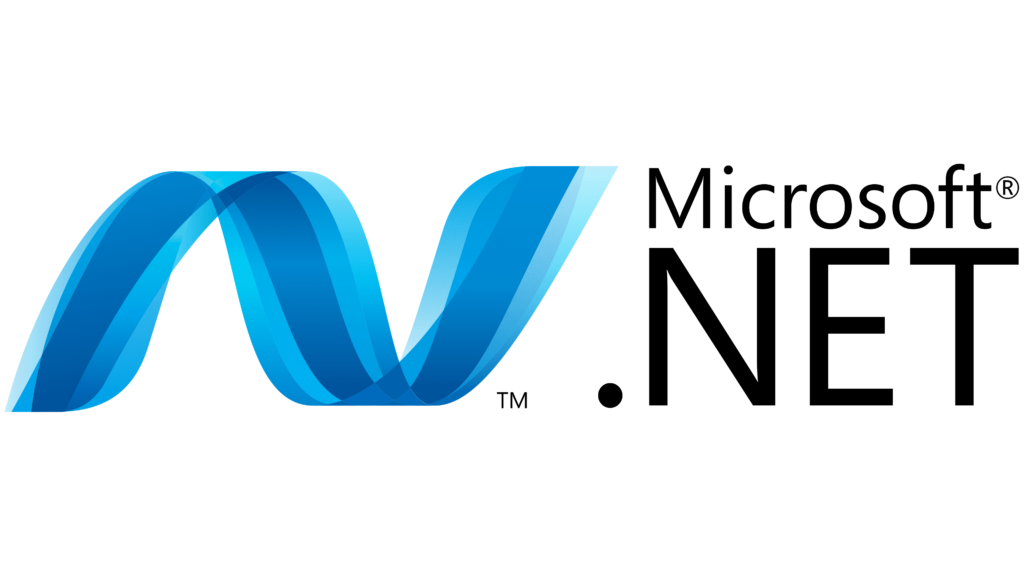
Sure, “.NET” typically refers to the Microsoft .NET framework, which is a software development platform used for building and running a variety of applications. Here’s a brief overview:
Languages: .NET supports multiple programming languages, including C#, Visual Basic .NET (VB.NET), and F#. These languages can be used interchangeably within the .NET framework.
Framework: The .NET framework provides a comprehensive set of libraries and tools for developing various types of applications, including desktop, web, mobile, cloud, and IoT applications.
Common Language Runtime (CLR): The CLR is the runtime environment that executes .NET code. It provides features such as memory management, exception handling, and security.
Class Library: .NET includes a vast class library known as the Base Class Library (BCL), which provides reusable classes, interfaces, and components that developers can use to build applications.
Integrated Development Environment (IDE): Visual Studio is the primary IDE for .NET development. It offers features such as code editing, debugging, and project management, making it easier for developers to build, test, and deploy .NET applications.
ASP.NET: ASP.NET is a web development framework within the .NET ecosystem. It enables developers to build dynamic web applications and web APIs using languages such as C# or VB.NET.
Entity Framework: Entity Framework is an Object-Relational Mapping (ORM) framework that simplifies data access by allowing developers to work with relational data as domain-specific objects.
.NET Core: .NET Core is a cross-platform, open-source version of the .NET framework. It allows developers to build and run .NET applications on Windows, macOS, and Linux.
ASP.NET Core: ASP.NET Core is the cross-platform version of ASP.NET. It provides a modular and lightweight framework for building web applications that can run on any platform supported by .NET Core.
.NET Standard: .NET Standard is a formal specification that defines a set of APIs that all .NET implementations must support. It enables developers to create libraries that can be used across different .NET implementations.
Overall, the .NET framework provides a powerful and versatile platform for building a wide range of applications, from small utilities to enterprise-level systems, across various platforms and devices.
Fill the Enquiry form and we will contact you shortly :
Start Your Professional Journey with following Courses
Architecture, Engineering and Construction>Masters Certificate In Architecture Design > Masters Certificate In Building Design > Masters Certificate in Interior Design > Masters Certificate in BIM > Expert Certificate in Architectural Design >Expert Certificate in Building Design >Expert Certificate in Interior design >Expert Certificate in BIM Production Design> Masters Certificate In Product Design >Masters Certificate In MEP Design > Expert Certificate in Product Design Information Technology > Python For Professionals >Java For Professionals >Robotic Design
Get in Touch
Address:Plot No.10, Above Burger King Restaurant, Near Metro Station, Sector-5 Rajendra Nagar Sahibabad, Ghaziabad, Uttar Pradesh 201005
Phone: +91-8595828647 , 9718824848
About Us
We are associted with CADD CENTRE , a trusted institution, enriching the careers of over 2.5 million learners worldwide technical courses . CADD CENTRE Training Services having training experience of 30 year in the field of AutoCAD(2D&3D) , Revit Architecture ,3ds Max , SoildWorks, CATIA, Ansys, Creo, STADD.PRO, C, C++, Pyhton, JAVA, Robotics Design , SketchUP, NX CAD etc.
Recent Posts
-
🌟 Start Your Journey in Design and Analysis with CADD RNC! 🌟
Are you ready to boost your engineering…
-
🌟 Bring Your Architectural Visions to Life! 🌟
✨ CASCOM 3D specializes in creating 3D-printed…



